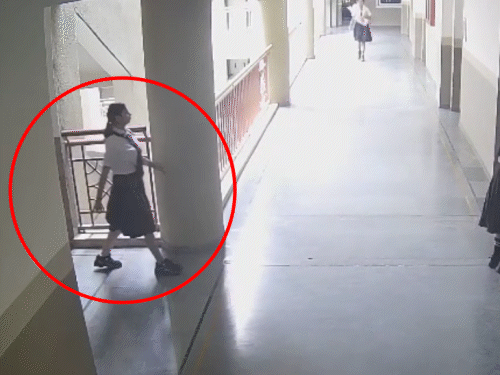FBI Report Shows Significant Drop in Violent Crime Across the U.S. in 2024
The FBI’s latest report shows a nationwide drop in violent crime for 2024, with homicides, assaults, and vehicle thefts all declining. Experts caution that long-term strategies remain vital.

Washington, D.C. – Sunday, August 17, 2025 – In a rare piece of good news for American cities, the Federal Bureau of Investigation’s (FBI) annual crime report shows that violent crime fell sharply in 2024, marking one of the most significant nationwide decreases in recent years. The report, released on Friday, August 15, highlights declines in homicides, robberies, aggravated assaults, and vehicle thefts—offering cautious optimism for communities that have faced years of rising crime trends.
Key Findings from the FBI Report
According to the data, violent crime dropped by 12% nationwide in 2024 compared to 2023. Homicides, which had surged during the pandemic years, fell by nearly 15%, while aggravated assaults dropped by 11%. Vehicle thefts, a persistent issue in major metropolitan areas, also showed a decline of about 9%.
The FBI attributed these declines to a combination of increased community policing efforts, targeted federal funding for high-crime areas, and the return of more stable social conditions following the disruptions of the COVID-19 pandemic.
“This is a positive step in the right direction,” said FBI Director Christopher Wray in a statement. “Our work is far from over, but these numbers demonstrate that coordinated law enforcement strategies and community engagement are making an impact.”
Regional Trends
While the decline was nationwide, some regions reported sharper improvements than others:
-
Midwestern states such as Illinois, Ohio, and Michigan showed double-digit drops in homicides.
-
Western states, including California and Arizona, recorded notable reductions in vehicle thefts, thanks in part to new technology-driven initiatives.
-
Southern states such as Texas and Georgia still saw high levels of aggravated assault, though year-over-year numbers showed measurable declines.
Urban areas like Chicago, Los Angeles, and New York City—which had been focal points of rising crime between 2020 and 2022—reported fewer homicides than in the previous two years, though officials caution that challenges remain in curbing gang violence and organized crime.
Expert Perspectives
Criminal justice experts view the report as encouraging but warn against premature celebration. “One year of data doesn’t make a long-term trend,” said Professor Linda Martinez, a criminologist at Georgetown University. “The challenge is sustaining these declines over multiple years, especially as economic and political pressures continue to shape community safety.”
Others point to broader social investments as a contributing factor. Expanded mental health services, job creation programs, and community-based intervention projects have been linked to reductions in recidivism and youth involvement in crime.
Public and Political Reactions
The findings have already become a point of discussion in Washington. President Donald Trump praised the report during remarks on Saturday, August 16, calling the decline “proof that American cities are safer today because of strong policing and community partnerships.”
Meanwhile, some lawmakers are urging continued federal support to maintain the downward trend. “We can’t take our foot off the gas,” said Senator Tammy Baldwin. “Sustained investment in local police departments and crime prevention programs is essential.”
What This Means for Communities
For residents in high-crime neighborhoods, the report offers hope but also a reminder that public safety is fragile. Many communities still grapple with daily incidents of gun violence, drug trafficking, and property crime.
Local leaders are using the FBI’s findings to strengthen calls for long-term investment in crime prevention. “The data shows what’s possible when we align resources,” said Chicago Police Superintendent Larry Snelling. “Now, the focus should be on ensuring these results are not just temporary improvements.”
Looking Ahead
As policymakers, law enforcement, and communities evaluate the FBI’s 2024 data, the emphasis will likely shift to strategies for sustaining the decline. Analysts expect 2025 crime statistics to be a key measure of whether this year’s reductions represent the beginning of a new era of safer streets—or simply a short-term dip.
For now, the FBI’s report offers a rare moment of optimism in a national conversation too often dominated by grim headlines.
What's Your Reaction?
 Like
0
Like
0
 Dislike
0
Dislike
0
 Love
0
Love
0
 Funny
0
Funny
0
 Angry
0
Angry
0
 Sad
0
Sad
0
 Wow
0
Wow
0








































































